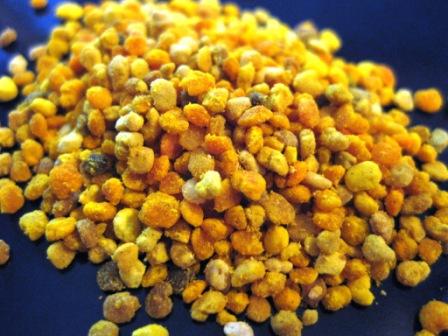
Bee Pollen
Unfortunately, this post is the result of quite an interesting week — I had 3 anaphylactic reactions in 48 hours, due to some bee pollen I ate! Bee pollen is considered to be a super food because it contains high-quality protein (meaning it has all the essential amino acids plus quite a few more), plus it’s rich in minerals and Vitamins A, C, E, as well as most of the B vitamins including folic acid, and it contains over 5,000 enzymes and thousands of phytonutrients. Bee pollen also contains plant nectar and bee saliva. It’s been used as a health food supplement in China for hundreds of years. But if you have – or even suspect you have – an allergy to bee stings, honey, royal jelly, or any other bee products, I want to pass on a word of caution about bee pollen supplements. While bee products are obviously not the same as a bee sting, they are related enough to cause cross reactions (Allergy. 1992 Feb;47(1):41-9). Also, if you have a severe allergy to pollen, I would also steer clear of bee pollen (Annals of Allergy. 1981 Sep;47(3):154-6).
This article states that “Bee pollen may actually set off allergies in those who are particularly sensitive, especially those allergic to bee venom and ragweed.”
Now, I’ve had quite a few bee stings in my life, with no evidence of an allergy until my most recent sting 3 years ago: Immediately after being stung, I almost passed out, and then got quite sick for about 24 hours. That wasn’t a normal reaction for me, and a coworker suggested that I may have developed a bee sting allergy. I later learned that a bee sting allergy can develop at any time, and the more times you’ve been stung, the higher your chance of becoming allergic.
But back to the bee pollen. Having read how nourishing it is, I recently bought some from the health food store. The label recommended eating just a few grains at first, in case of an allergic reaction, but mentioned nothing about avoiding the product if you have allergies to bee venom, other bee products, or to pollen. Perhaps the label could have been more specific…perhaps it was daft of me not to make the bee-sting/bee-pollen connection in my head. In any case, I ate a few grains with no problem. The next day I ate more of the pollen – probably between 1 and 2 Tbsp, and was fine. But the next day, within about 10 minutes of eating between 1 and 2 Tbsp of pollen, my entire face began to swell up — especially around my mouth — and I developed a burning red rash that quickly spread from my face to my neck, back, arms, and legs. I got lightheaded and my heart was racing and pounding. This was certainly something I’d never experienced before. Hubby and I decided I needed to get the pollen out of my body, so I did a…uhh…”barf induction.” Yuk. The reaction subsided, though I definitely didn’t feel very well.
The next morning I still felt weak, shaky, unwell, and strangely ‘out of it.’ Right as we were about to walk out the door for a bike ride, I started feeling really sick and lightheaded, like I was going to throw up and pass out. The rash immediately returned, starting on my face and spreading to the rest of my body. Evidently, anaphylaxis can be biphasic, meaning it can occur again within 72 hours, without any further exposure to the allergen. And then again the next day, I had a third reaction with the same quickly-spreading red rash, sick feeling, pounding heart, and lightheadedness as before; however, that time my throat swelled up, which was really scary, and I ended up in the ER. It was not a fun night.
A few days later, I then accidentally confirmed my bee pollen allergy by eating granola bars that I had made with Really Raw brand of honey, which contains small amounts of bee pollen. Before my three anaphylactic reactions, I had eaten the granola bars with no problem. But ever since the anaphylaxis, I’m no longer able to eat even the minute amounts of pollen contained in my granola bars without having a reaction.
The doctor said it sounds like I’m allergic to bee stings in addition to the bee pollen, so I now carry an Epi-Pen, prednisone, and benadryl with me at all times.
And so the moral of my story is: Bee pollen has been used as a natural, nourishing super food for centuries. However, if you have an allergy to bee stings or are highly sensitive to pollens, do approach bee pollen with caution. If you do decide to take it, I would highly recommend starting out with just a few grains at first and then increasing your dosage slowly!





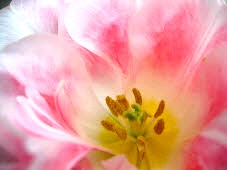






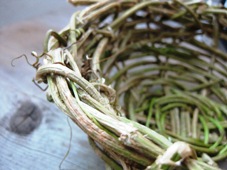




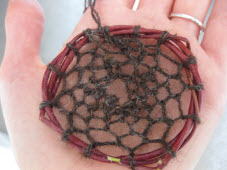







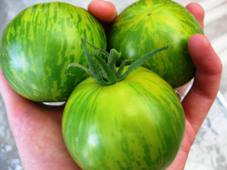




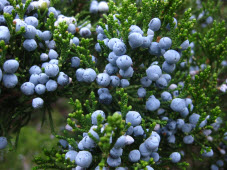

oh my! i am so sorry you went through this! But better to find out this way than by getting a bee sting i guess.
Wow, that’s some cautionary tale! Thanks for passing it along. Sorry you had to go through all that.
I had always thought we were either allergic or we weren’t. Never imagined it could show up later.. really great heads up, especially given that I’m a bee keeper 😉
I felt like throwing up after eating bee pollen. I have such bad allergy this year. . It’s the second time. I have not had a reaction to stings. I have bee hives on my property.
When I consumed it, my heart raced like crazy. I’ve never been stung by a bee, so I’m not sure if I’m allergic to those or not.